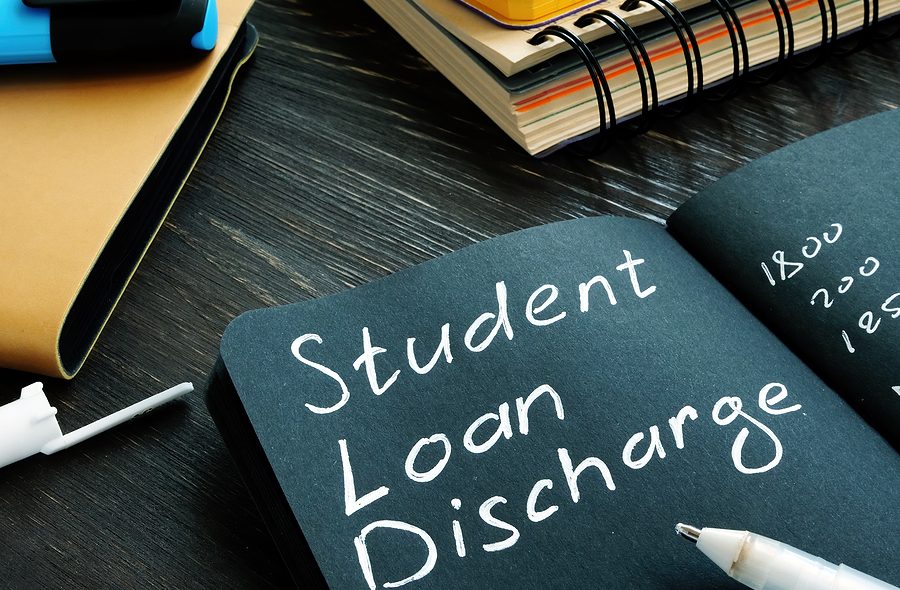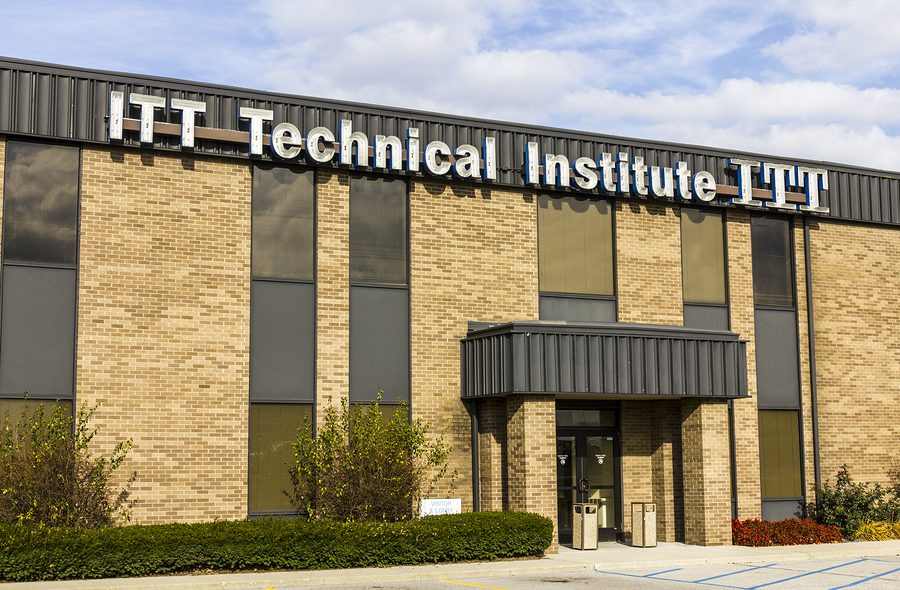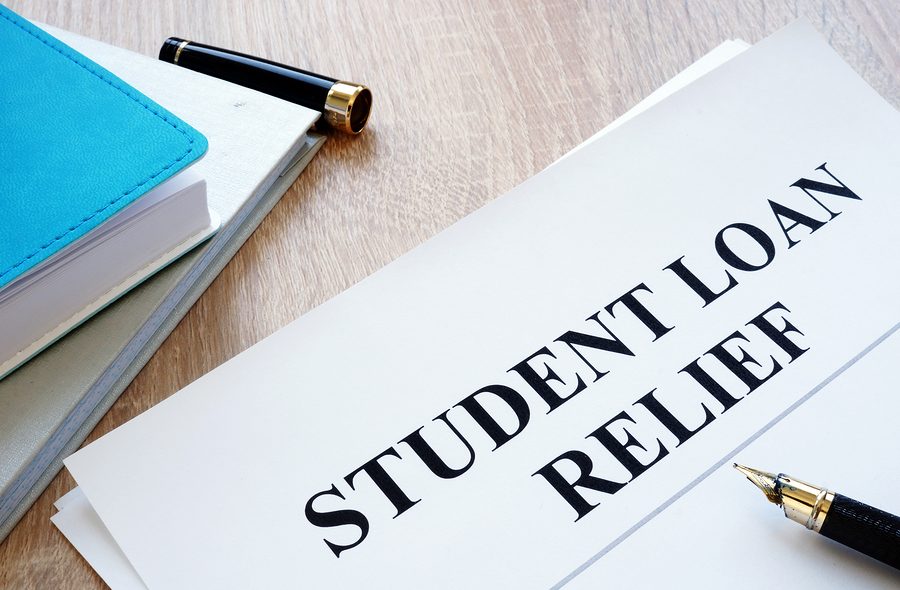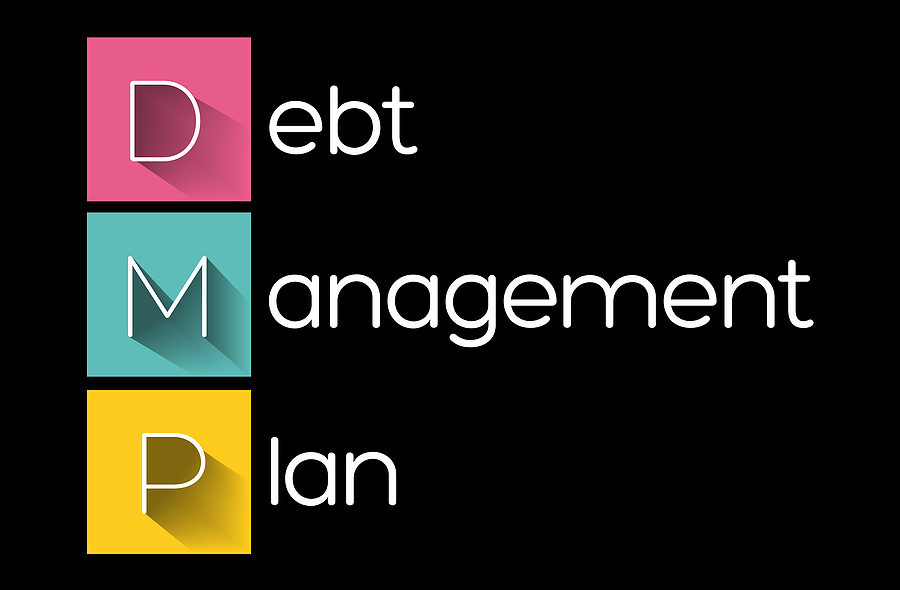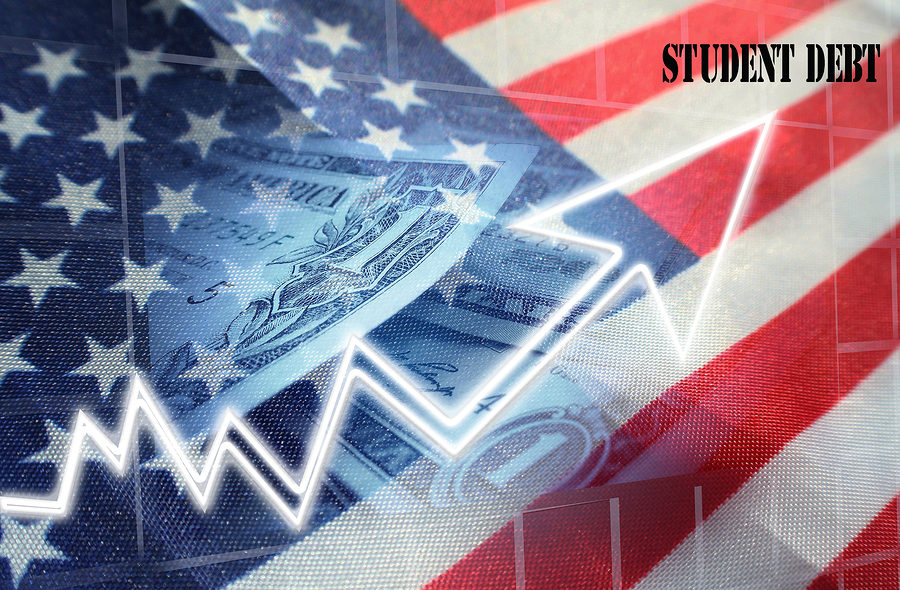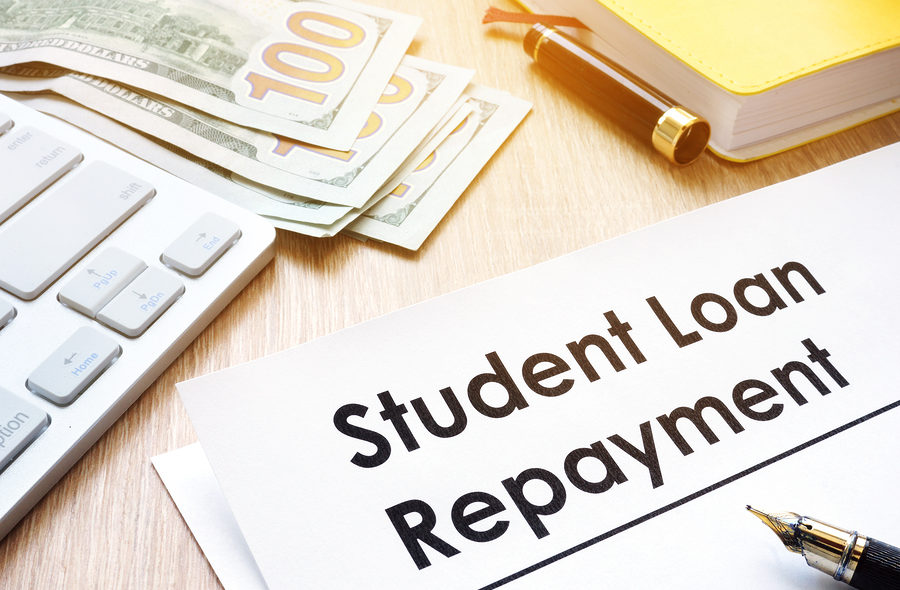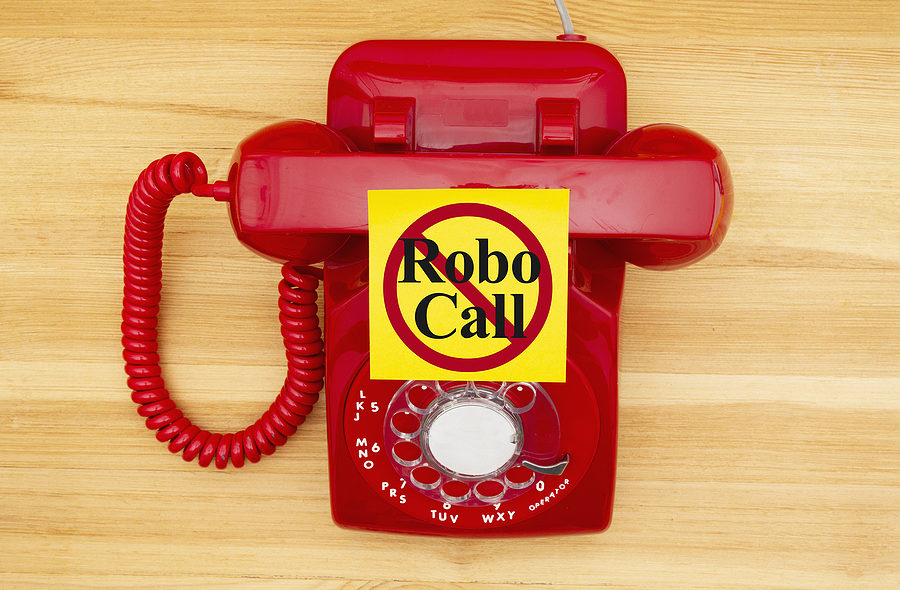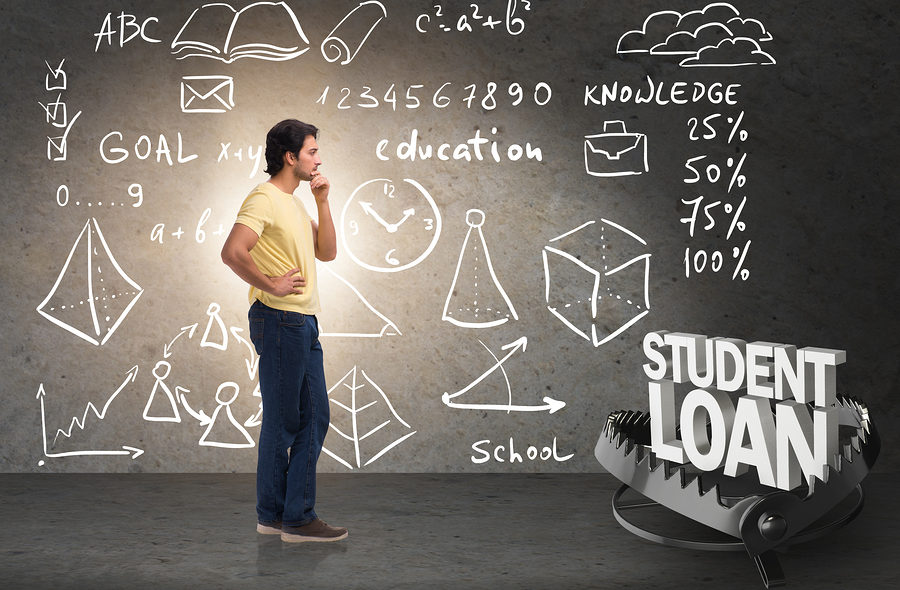Student loan debt has traditionally been extremely difficult to discharge in consumer bankruptcy cases. For those consumers struggling with insurmountable student loan debt, the ability to seek a fresh start through a bankruptcy case has been impossible for this reason. Even if they are able to successfully discharge most of their debts, they still walk away with a significant amount of student loan debt, including both federal and private student loans. A new loophole could change this fact for borrowers who are struggling to pay their private student loan debts.
A staggering 45 million American consumers owe a collective $1.5 trillion in student loan debt. Over one million borrowers defaulted on their student loan debt annually. The only method available to these borrowers to discharge their loans in bankruptcy is to meet the “undue hardship” test. Unfortunately, courts view this exception very narrowly and not all courts apply the test uniformly.

